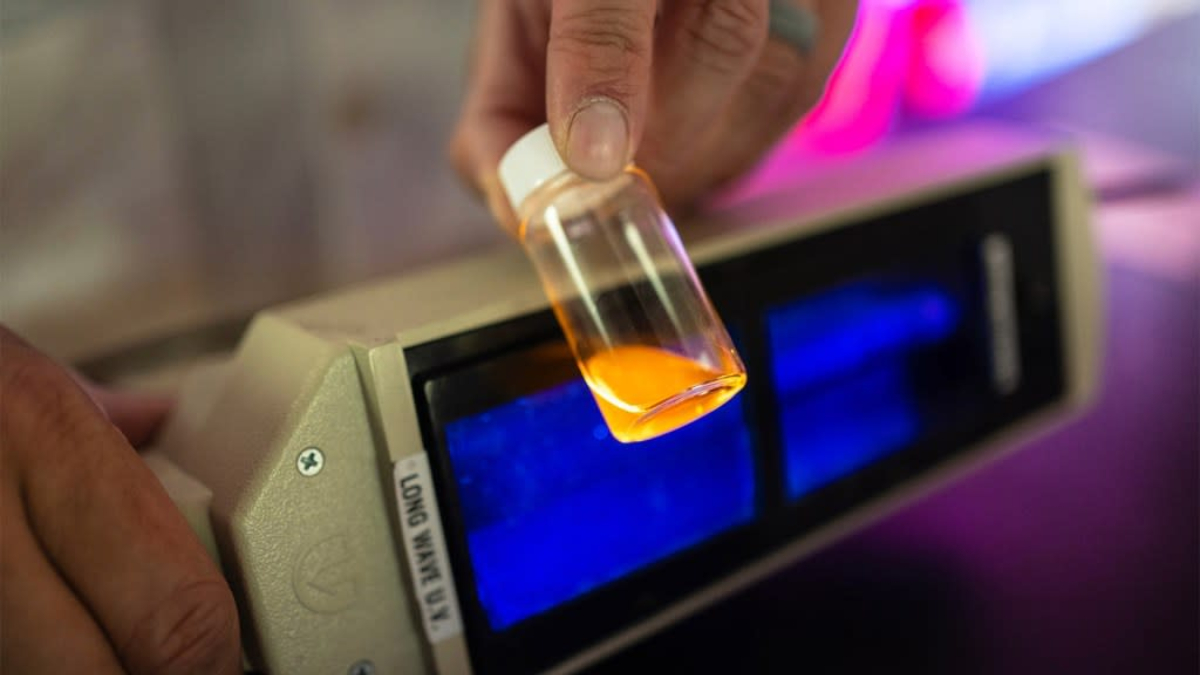Researchers from RMIT University in Australia and partnering Indian institutions have developed a groundbreaking gold-based drug showing remarkable potential in cancer treatment. Early trials demonstrated that the medication, containing a gold compound named Gold (I), reduced tumor growth in animal studies by 82% and proved more effective than traditional chemotherapy agents.
Led by Distinguished Professor Suresh Bhargava, the team designed Gold (I) to specifically target cancer cells by blocking an enzyme called thioredoxin reductase, which is essential for cancer cell survival and resistance to treatments. This precision reduces the toxic side effects often associated with chemotherapy drugs like cisplatin.
“This approach points to a future where treatments are more effective and far less harmful,” Bhargava stated, emphasizing the drug’s potential for safer cancer therapies.
In addition to its targeted mechanism, Gold (I) exhibited stability and anti-angiogenesis properties, effectively halting the formation of blood vessels that tumors require to grow. Distinguished Professor Magdalena Plebanski, a co-lead on the project, highlighted its success against ovarian cancer cells, which are particularly resistant to cisplatin.
While human trials are still forthcoming, the research team is optimistic about the drug’s potential. Gold (I) has already secured US Patent protection, paving the way for further clinical development.






